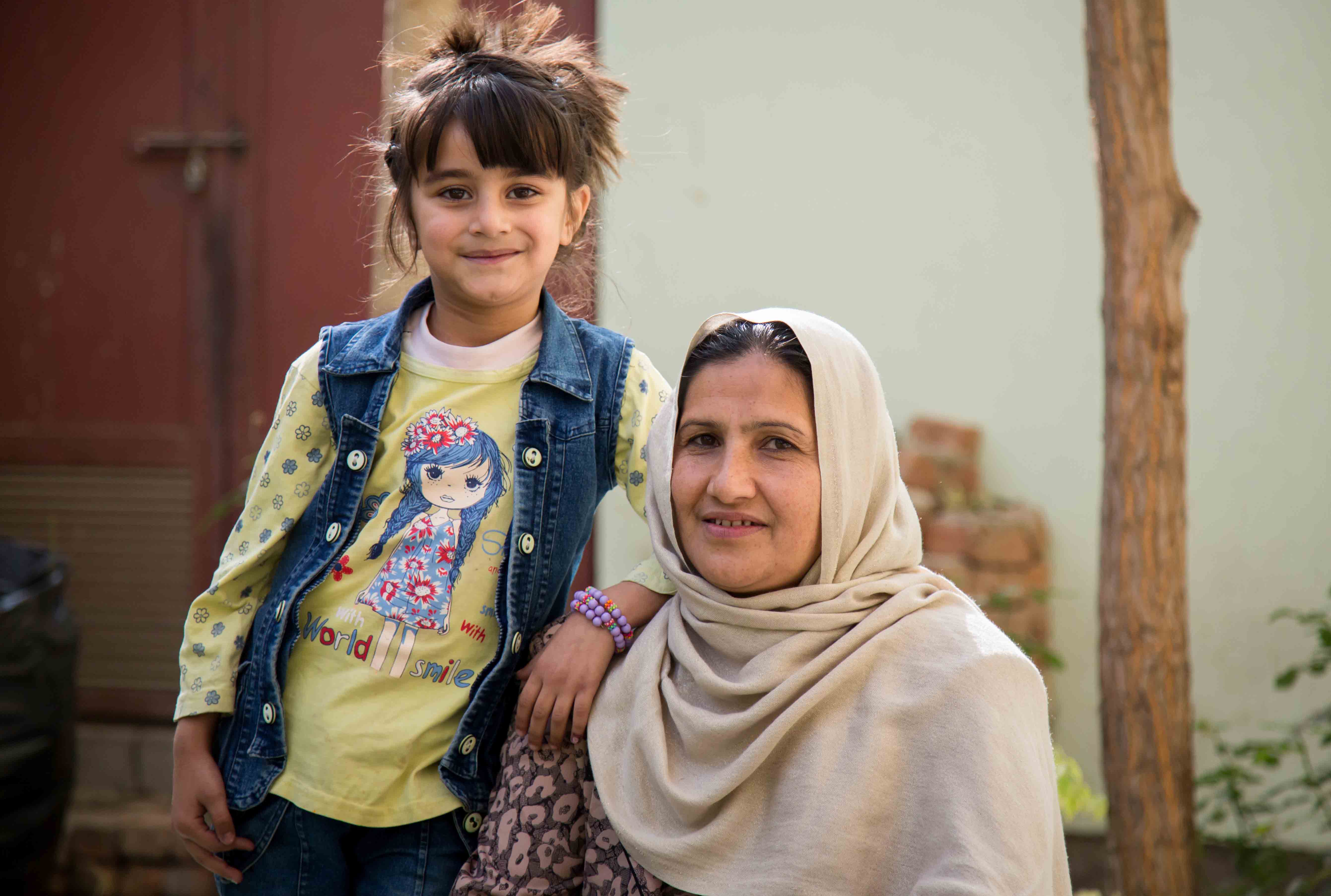New survey determines motivators and barriers to health product use in Afghanistan

A SHOPS Plus household survey identified factors that encourage and impede family planning uptake, diarrhea prevention and treatment practices, and safe water treatment in Afghanistan. The USAID-supported Afghan Social Marketing Organization (ASMO)—whose socially-marketed health products contribute to 22 percent of all modern contraceptive use, 16 percent of household water treatment use, and 11 percent of ORS use across Afghanistan—is using the findings to inform their social and behavior change programming.
“Pinpointing determinants for healthy behavior adoption is essential to ASMO’s strategy for increasing use of priority health products,” explains Soumitra Ghosh, senior private sector advisor for SHOPS Plus.
The dearth of research on what influences healthy behavior in Afghanistan was a challenge for the social marketing organization. Working closely with ASMO, SHOPS Plus conducted a household survey with married men and women in 177 Afghan districts. ASMO is now using the findings to inform its social and behavior change programming and improve key health outcomes.
Data shine light on family planning decisions
In terms of family planning, the study found that nearly 80 percent of women report that their husbands determine their family planning use. In addition, negative shopkeeper attitudes may discourage women from buying contraceptives. ASMO is taking a two-pronged approach to address this barrier by empowering women to feel confident when purchasing contraception and simultaneously sensitizing providers to treat female consumers with respect. For example, ASMO is currently conducting an innovative pilot to reach women with health information through beauty parlors. In addition, ASMO is targeting men through health talks in mosques given men’s key decision-making role in family planning use.
“Given the lack of recent research on family planning attitudes and products in Afghanistan, our study’s findings filled an important gap and informed [ASMO’s] social marketing activities,” said lead researcher Lauren Rosapep of SHOPS Plus.
Social marketing campaigns based on the data
Study results point to information gaps, behaviors, and attitudes that may exacerbate prevalence of childhood diarrhea and prevent caretakers from adhering to the optimal treatment for this illness. For example, the survey found that among the respondents:
- 66% think that untreated water is safe to drink
- 15% provide their child under 5 with the recommended diarrhea treatment of ORS and zinc
- 60% incorrectly believe antibiotic and antidiarrheal medications are more effective than ORS
In response, ASMO is emphasizing the risk of cooking with and consuming untreated water, and is now focusing on promoting ORS and zinc together through a new co-pack. They are also targeting health providers to communicate the risks of using antibiotics for childhood diarrhea.
Learn more about the survey results.
Learn more about our work in Afghanistan and in research and evaluation.